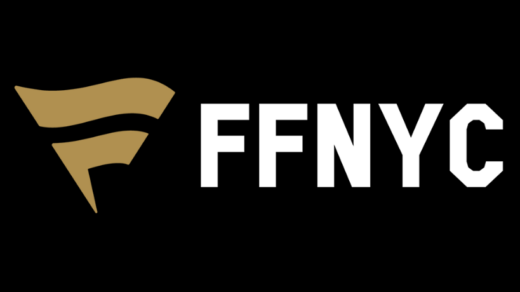Lloyd Howell’s foray into steering the course of the NFL Players Association (NFLPA) has hit a hefty stumbling block with a significant $7 million loss. This financial setback stems from a recent arbitration ruling in a dispute over the termination of an exclusive trading card contract with Panini.
The saga unfolded when the NFLPA made the call to sever ties with Panini following the departure of key Panini personnel to their competitor, Fanatics. The NFLPA cited a “change in control” clause to justify its decision to break the contract. However, Panini swiftly contested this move, alleging that the cited reason was a mere facade for a strategic shift towards aligning with Fanatics instead. The arbitrators ultimately sided with Panini, emphasizing that the NFLPA had breached its legal and ethical obligations in the process.
David Boies, the attorney representing Panini, echoed the sentiment of vindication following the ruling. He underlined the repercussions of the NFLPA’s actions, noting the financial ramifications for both the company and the players they represent. The damages, although substantial, were mitigated to some extent by Panini’s commitment to honoring its obligations to fans and collectors, ensuring the continued supply of trading cards despite the contractual turmoil with the NFLPA.
While Fanatics was not directly implicated in the arbitration proceedings, Panini has taken further legal action by filing a separate lawsuit alleging antitrust violations and tortious interference against them. The NFLPA, on the other hand, has maintained silence in response to inquiries on the matter, leaving room for speculation on their strategy moving forward.
Beyond the immediate financial implications, the outcome of this arbitration raises broader questions about the NFLPA’s decision-making processes and its fidelity to its members, fanbase, and the wider trading card community. The episode serves as a stark reminder of the intricate web of relationships and interests at play within the realm of professional sports partnerships and the repercussions that unfold when these alliances are upended.
As the NFLPA grapples with the fallout of this ruling, the spotlight is not just on the monetary loss but also on the reputational and strategic considerations that lie ahead. Balancing the competing demands of financial interests, contractual obligations, and member welfare will be paramount as the organization charts its course in the aftermath of this high-stakes dispute.




